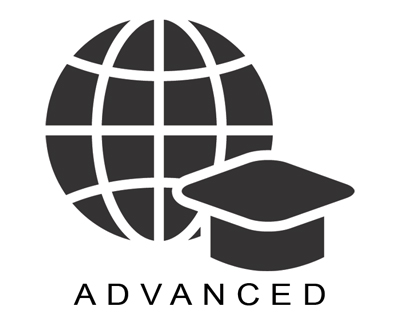New policies and regulations are creating a need for organics management facilities. Additionally, an increased interest in composting at the community-level is also driving community-based composting operations. The presentation will discuss factors that impact feasibility and design of composting projects, including but not limited to incoming waste stream volumes, food waste collection and processing options,… Continue reading BUS.232-Composting Programs – Feasibility Evaluation and Design Considerations-AC22.USCC
Tag: Design
FAC.218-Hybrid Approach to Composting-AC22.USCC
The presentation covers a design and operational approach for compost facilities that accept food and yard waste. Technologies to be covered include aerated static pile (ASP) systems; equipment to mix feedstocks; compost turners; dump trucks and conveyors for material handling; and, star and trommel screens. An ASP system can be combined with open windrow technology… Continue reading FAC.218-Hybrid Approach to Composting-AC22.USCC
FAC.213-Design, Operational and Management Considerations in Large-Scale Systems Using Active Aeration-AC21.USCC
Using case studies to illustrate different aeration systems and the maintenance issues associate with each. Speakers: Thomas Herlihy Duration: 39 minutes Credits: 1.0 Member Price: $60.00 Non-Member Price: $105.00 Purchase Course Now
FAC.311-The Application of Laboratory Aeration Demand Testing to Facility Design-AC22.CREF
The efficiency with which aerobic bacteria consume oxygen and convert organic matter (OM) to CO2 is the primary measure of composting stabilization rates and a determining factor in air emissions. Process conditions (primarily temperature and oxygen) and feedstock characteristics determine the efficiency of this process. Researchers, such as McCartney, Sundberg, and others, have used highly… Continue reading FAC.311-The Application of Laboratory Aeration Demand Testing to Facility Design-AC22.CREF

